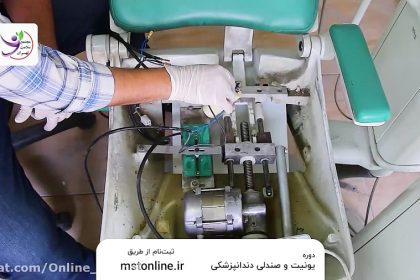Introduction
Window tinting has become a popular choice for enhancing the appearance and functionality of vehicles, homes, and commercial properties. By applying a thin film to glass surfaces, window tinting provides www.windowtintingnewyorkcity.com a range of benefits that go beyond mere aesthetics. This article explores the advantages of window tinting, the types available, and key considerations for those considering this upgrade.
What is Window Tinting?
Window tinting involves applying a thin, colored film to the surface of windows. This film is designed to reduce the amount of light and heat that enters through the glass, while also providing additional privacy. Window tints are available in various shades and types, each offering distinct features and benefits.
Types of Window Tinting
- Dyed Window Tint: This type of tint contains a dye that absorbs sunlight and reduces glare. It’s typically used for aesthetic purposes and provides a darker appearance. While effective in reducing glare, dyed tints do not offer as much heat rejection as other types.
- Metalized Window Tint: Metalized tints contain tiny metal particles that reflect sunlight away from the glass. This type of tint is effective at blocking UV rays and reducing heat buildup inside the vehicle or building. It also adds strength to the glass, making it more resistant to shattering.
- Hybrid Window Tint: Combining the features of dyed and metalized tints, hybrid films offer a balance between aesthetics and performance. They provide good heat rejection and UV protection while maintaining a sleek appearance.
- Ceramic Window Tint: Ceramic tints use advanced ceramic particles that block heat and UV rays without affecting visibility. They offer excellent heat rejection, UV protection, and durability, making them a popular choice for high-performance applications.
Benefits of Window Tinting
- Heat Reduction: One of the primary benefits of window tinting is its ability to reduce heat inside a vehicle or building. By blocking a significant portion of infrared light, tinted windows help maintain a more comfortable indoor temperature, reducing the need for air conditioning.
- UV Protection: Window tints block harmful ultraviolet (UV) rays from the sun, which can cause skin damage and fade interior furnishings. High-quality tints can block up to 99% of UV rays, contributing to a healthier and longer-lasting environment.
- Glare Reduction: Tinted windows reduce glare from the sun and headlights, improving visibility and driving comfort. This can be particularly beneficial for drivers who frequently travel in bright or low-light conditions.
- Enhanced Privacy: Window tinting provides increased privacy by making it harder for people to see inside. This is especially useful for homes and businesses located in busy areas where privacy is a concern.
- Increased Security: Tinted windows can offer additional security by making it more difficult for potential thieves to see inside vehicles or buildings. Additionally, the film can help hold shattered glass together in the event of a breakage, reducing the risk of injury.
- Improved Aesthetics: Beyond functional benefits, window tinting enhances the appearance of vehicles and buildings. A well-chosen tint can complement the overall design and add a sleek, polished look.
Considerations Before Tinting
- Legal Restrictions: Different regions have varying regulations regarding window tinting. It’s important to familiarize yourself with local laws and restrictions to ensure compliance and avoid fines or legal issues.
- Quality of Film: The quality of the window tint film can affect its performance and longevity. Opt for reputable brands and professional installation to ensure you receive a high-quality product that meets your needs.
- Installation: Proper installation is crucial for achieving the best results. Professional installers have the expertise and tools to apply the tint correctly, avoiding issues such as bubbles, peeling, or uneven application.
- Maintenance: While window tinting requires minimal maintenance, it’s important to follow care instructions to extend the lifespan of the film. Avoid using abrasive cleaners or tools that could damage the tint.
Conclusion
Window tinting offers a range of benefits that enhance comfort, privacy, and security while also adding a touch of style. By choosing the right type of tint and ensuring professional installation, you can enjoy the advantages of reduced heat, UV protection, glare reduction, and improved aesthetics. Whether for your vehicle, home, or commercial property, window tinting is a valuable investment that provides both functional and visual improvements.



